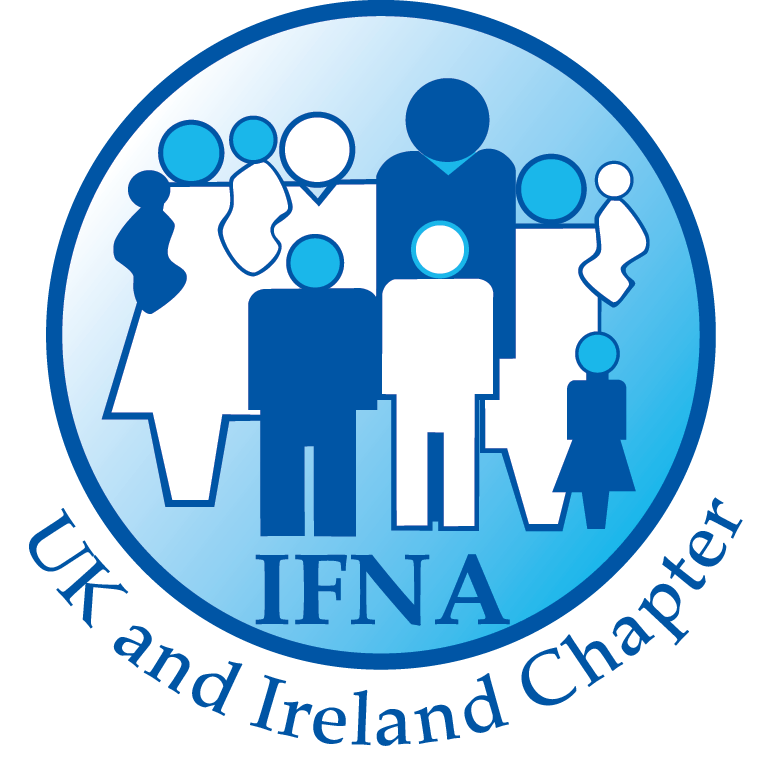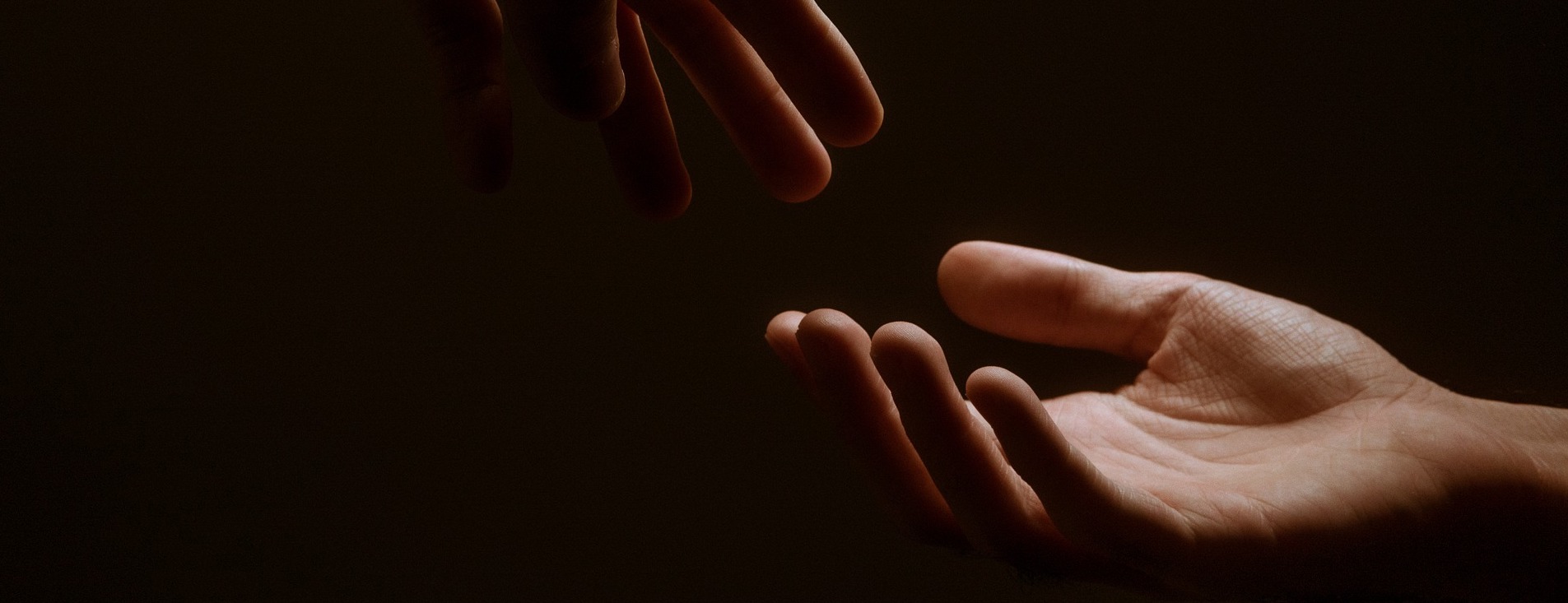Alison Morton, Executive Director at Institute of Health Visiting
Across the globe, nations are focusing their efforts on rebuilding in the wake of the COVID-19 pandemic and its wider impacts. In England, these impacts have been felt acutely by families with babies and young children. We are incredibly proud of the role that health visitors (who are specialist community public health nurses) have played supporting families during this challenging time, and this will continue in the long wake of the pandemic’s recovery. Yet, we also cannot ignore the fact that despite health visitors’ best efforts, many families have missed out on the support they needed as services struggled to meet rising levels of demand and vulnerability.
At the Institute of Health Visiting, we felt compelled to do something about this. As a non-party-political organisation we couldn’t just stand on the side lines and watch, we needed to embody the ‘principles of health visiting’ and ‘influence policies affecting health’. The International Family Nursing Association has similar guiding principles, calling on nurses to focus on ‘social justice’. This is why, since the start of the pandemic, we have been focusing intently on how we can shine a light on these issues and advocate for babies, children and their families, whose voices are often not heard, to ensure that they receive the support that they need. We have had a stream of small successes, but there is still a long way to go.
Why is this important? We have more evidence than any other generation on the importance of the first years of life as a foundation for future health and wellbeing. There is also good evidence that providing effective support to families experiencing difficulties during this time will reap benefits for children, communities and the economy. This is needed now more than ever as it is now clear that the pandemic’s impacts have been wide-ranging, affecting almost every aspect of life. Existing inequalities have been exposed and amplified and have disproportionately affected families who were already disadvantaged.
Factors that can lead to poorer outcomes for babies and young children have been exacerbated –many families are struggling with isolation, mental health problems and financial difficulties. Domestic abuse and incidents of neglect and child maltreatment have increased, especially for our youngest children. The catastrophic consequences are a source of concern for health visitors and have been plain for all to see in the recent high-profile cases of the murders of Star Hobson and Arthur Labinjo-Hughes who paid the highest price in this pandemic. ‘Invisible’ vulnerable babies and young children cannot reach out for help when they are in distress and their voice is often unheard – they need to live in a society that sees them and advocates for them.
More young children are also now falling behind in their development, yet fewer are receiving vital health visitor reviews and are invisible to services and not getting the support that they need. This has led to a growing backlog of ‘unmet need’ and later diagnoses of developmental delay, neurodevelopmental disorders and other childhood conditions. A survey published this spring found that, on average, half of all children were not ready to start school last year. This is a source of concern as a child’s development score at 22 months is an all too accurate predictor of where they will be educationally when they leave school.
Some are calling this a ‘crisis’ for children – and with the wealth of data to support this, I believe the word crisis is absolutely appropriate.
A ‘collective voice’ is a powerful voice: In order to drive change, over the last two years we have made a concerted effort to galvanise the support of partners from across the sector calling for the prioritisation of babies and young children and investment in health visiting to improve the quality of provision across England. We have experienced multiple small successes, for example through our collective action we successfully stopped planned cuts to health visiting in Hampshire last year, and following the submission of powerful evidence have seen ‘babies’ and children included in the Domestic Abuse and Health and Care Acts. We have also worked with Parliamentarians and partners calling for the reinstatement of face-to-face health visitor contacts, raising safety concerns and saying virtual contacts hide workforce issues and are not suitable for identifying families with clinical issues or safeguarding concerns.
We were therefore delighted that the Government has recently said, amid concerns about virtual services not reaching the most vulnerable children that the five health visiting contacts mandated up until the age of two would only count in the national dataset if they were delivered face-to-face. This was a significant step forward as leaving this workaround in place for longer than needed has acted as a perverse disincentive to returning to face to face, and masked workforce shortages that are driving this practice. We can’t measure health visiting COVID-19 recovery if the data is misleading and masking what’s going on.
The ultimate measure of success will be – Did we identify babies, young children and families at risk of poor outcomes? And did our actions make a difference? Health visitor numbers have plummeted in recent years, and in order to achieve our ambitions, we will continue to call on the Government to reverse the estimated national workforce shortage of 5,000 health visitors in England.
Despite these challenging times, we also want to acknowledge the professionalism, expertise, skill and commitment of health visitors, and those working in health visiting teams, to improving the lives of babies, young children and families. Together we can make a difference!


1 thought on “It’s a matter of social justice – a ‘voice’ to influence policies affecting health”
Comments are closed.